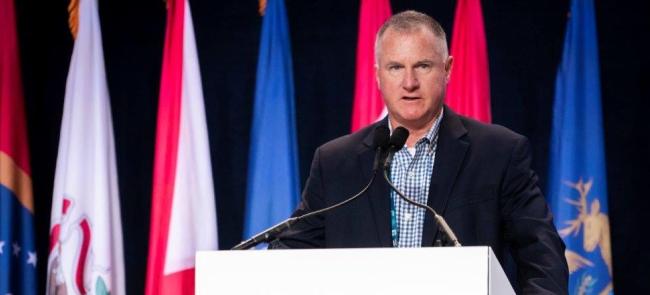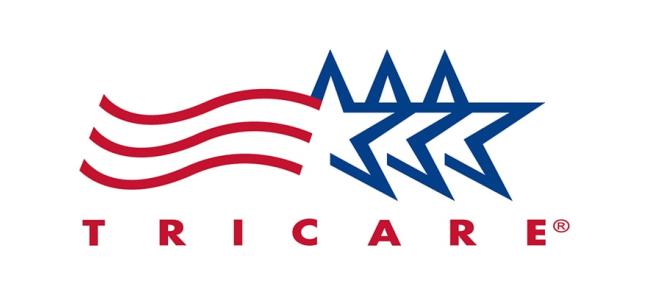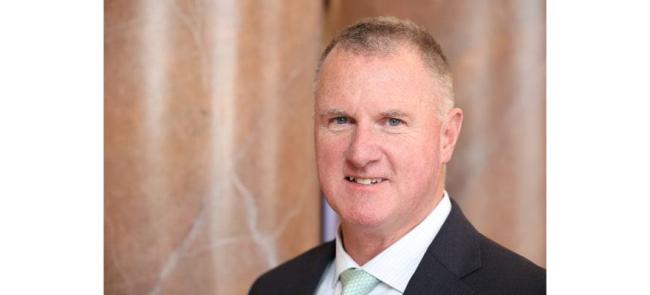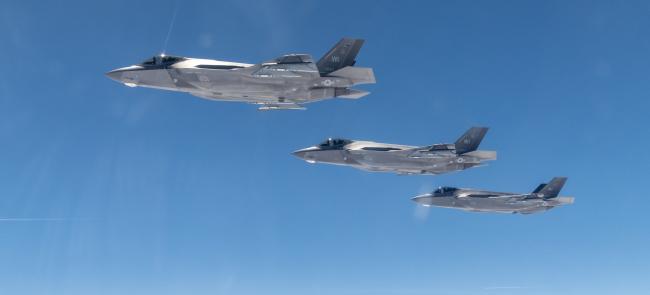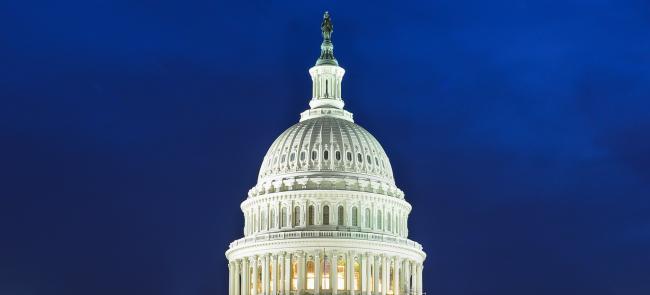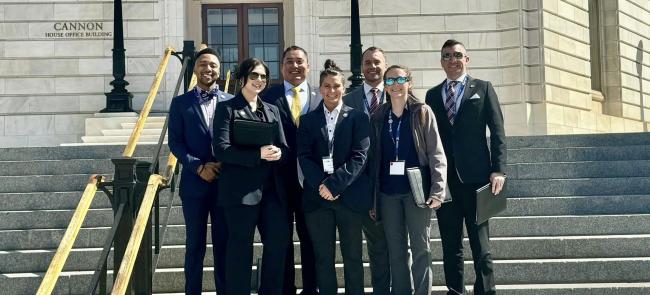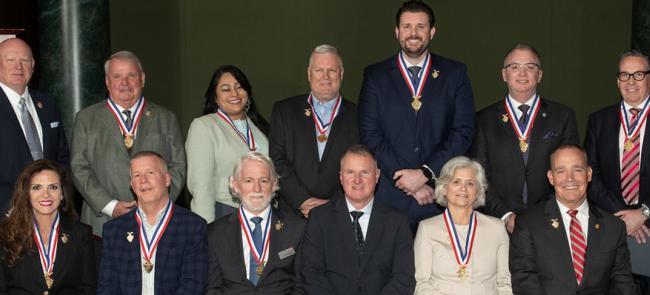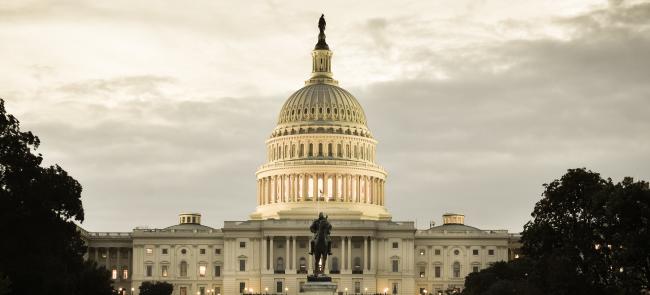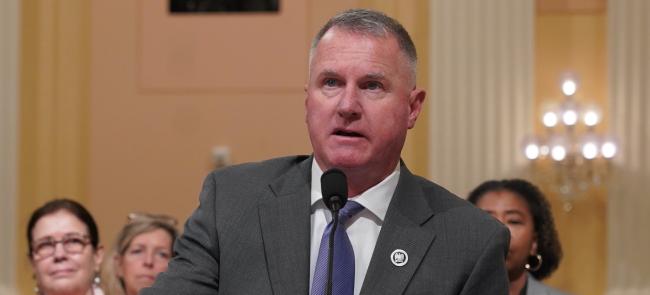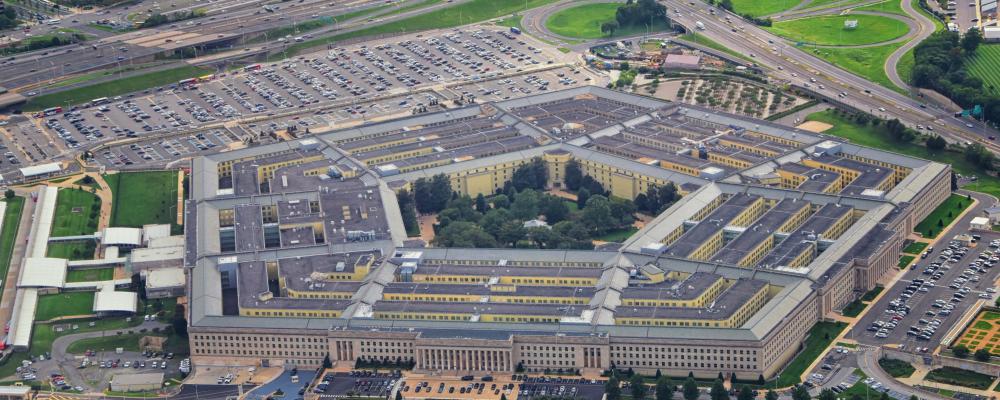
The House and Senate are preparing to reconcile differences in their versions of the fiscal 2024 National Defense Authorization Act, and NGAUS has informed congressional defense leaders which provisions in each version of the annual defense policy bill are the most important to the National Guard.
Retired Brig. Gen. J. Roy Robinson, the NGAUS president, sent the association's positions in a Sept. 18 letter to the chairman and ranking member of the House and Senate armed services committees.
Lawmakers from each chamber will meet in a "conference committee" at a yet to be announced time this fall to try to find common ground on the fiscal 2024 NDAA.
Conferees are generally free to negotiate however they choose, but eventually their agreements must be approved by a majority of the House conferees and a majority of the Senate conferees, according to the Congressional Research Service.
The conferees are expected to address only the matters on which the House and the Senate have disagreed. They are also expected to resolve each disagreement within the scope of the differences between each chamber's position.
Congress has passed — and the president has signed — the always voluminous NDAA for 62 consecutive years.
But this year, there are significant differences in the House and Senate versions, even on matters affecting the Guard.
In the association’s letter, Robinson emphasized six provisions that are in one or both versions of the NDAA.
Two are items on which both chambers agree: One would increase the vice chief of the National Guard Bureau to four stars, and the other would provide the surviving families of fallen Guardsmen and Reservists with the same medical benefits as service members in the active component.
The NGB vice chief is presently a three-star general. Four stars would put the position on the same level as the other vice chiefs in the Pentagon. The current rank puts NGB at a disadvantage in various meetings, like those involving the Joint Requirements Oversight Council.
The other provisions Robinson noted are all in the House version, but absent from the Senate version.
These provisions include zero-cost dental care for drilling Guardsmen and Reservists, a limitation on the termination of fighter squadrons, the establishment of the Space Guard, and parental leave parity.
House Speaker Kevin McCarthy, R-Calif., and House Minority Leader Hakeem Jeffries, D-N.Y., separately announced last week the lawmakers from their respective parties that would represent the House in the conference committee for the fiscal 2024 NDAA.
Most conferees are members of the House Armed Services Committee.
The conferees include the co-chairs of the House National Guard and Reserve Caucus, Rep. Trent Kelly, R-Miss., and Rep. Andy Kim, D-N.J.
Kelly and Kim sponsored the Dental Care for Our Troops Act in the House earlier this year.
Other fiscal 2024 NDAA conferees include Rep. Don Bacon, R-Neb., a strong advocate for retaining all 25 Air Guard fighter squadrons, and Rep. Doug Lamborn, R-Colo., a co-sponsor of the Space National Guard Establishment Act.
Senate leaders have not yet announced their conferees.
— By John Goheen

